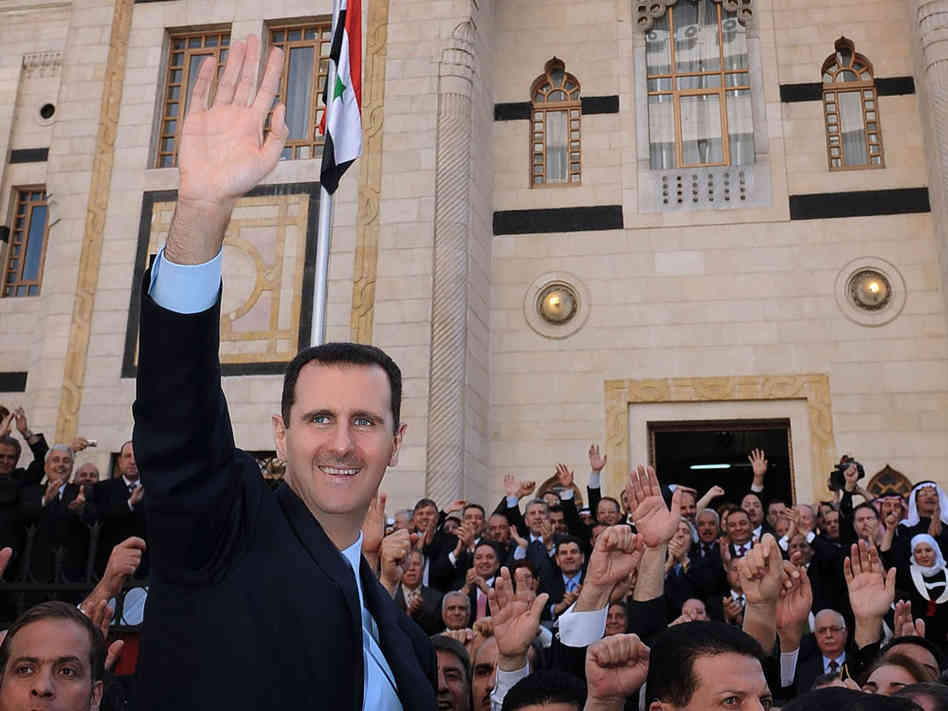Viewpoints among members of parliament have been split between opponents and supporters of the proposed changes to the new rules of procedure for the council.
The dispute has focused on a number of issues which some MPs say will harm the representatives personally, believing that what has been proposed is not amending but blowing up the current rules.
The new draft says that a member of parliament does not have the right to question a minister, and proposes that there be a consensus of five MPs to have the right to question one — an unjustified reduction of parliamentary democracy.
There is also a dispute around the issue of stripping membership from an MP in the event that he is absent from the council, of which the MP Ammar Bakdash said: “The new articles are inspired by the school system,” noting that what was provided “does not respect parliamentary life, as there is no parliament in any country on earth that holds MPs to account for their absence because the people are the only ones who have the right to hold them to account, and it is also not permissible to bring in new laws because the old system was taking into account many issues, and what has been amended should not be approved hastily but there should be a pause before it is approved.”
MP Majib al-Denden said that the draft rules were not blowing up the old system, but rather an amendment, and the items of the new rules would be discussed in full, saying that the final word would go to the MPs after voting on the amendments.
MP Zuheir Ramadan opposed what was provided in Article 247, which is related to stripping membership of an MP for “insulting the state or its president or its flag” or calling for it to be replaced by “offending national symbols.”
One of the MPs said that the Syrian parliament ranks highly among world parliaments in terms of its powers, and that the new amendment would reduce the value and work of parliamentary monitoring of the government. Another MP stressed the importance of maintaining membership of parliament. A number of MPs said that the amendment was not radical but was a categorization of the items and powers stipulated in the rules of procedure of the council.
For his part, MP Mohamed Khair al-Akkam believed that the legal principle was subject to change and that the amendments must be made to the rules of procedure, saying that allowing questioning from one MP of any minister could become malicious, and so for that reason the new amendment of this article was necessary as the current rules for questioning have many flaws and must be amended.
The head of the committee that determined the new amendments, Ahmed al-Kazbari, said that the council had held dozens of meetings with the council office to amend paragraphs of the rules of procedures, and justified the increase in the number of items with the fact that the committee had brought in new classifications. As an example of this, he said, the parliament committees are each distributed in one article, as well as provisions for a number of mechanisms.
Kazbari said that the attendance of the government at the beginning and end of the sessions was according to custom and there was no provision for it in the rules of procedure, and this had been corrected in the new amendment. He said that there was a need in the new draft to differentiate between the Gregorian year and the parliamentary year and to consider the dates of the sessions be fixed and not changing, as well as to develop a structure for parliament’s organs.
MP Zaher al-Youssefi said that the new change harmed MPs and boosted the government, advising that no article in the new rules of procedure that is harmful to the MPs be approved. MP Omar al-Hamdou said that the new rules of procedure reduced the powers of the MPs.
This article was translated and edited by The Syrian Observer. Responsibility for the information and views set out in this article lies entirely with the author.


